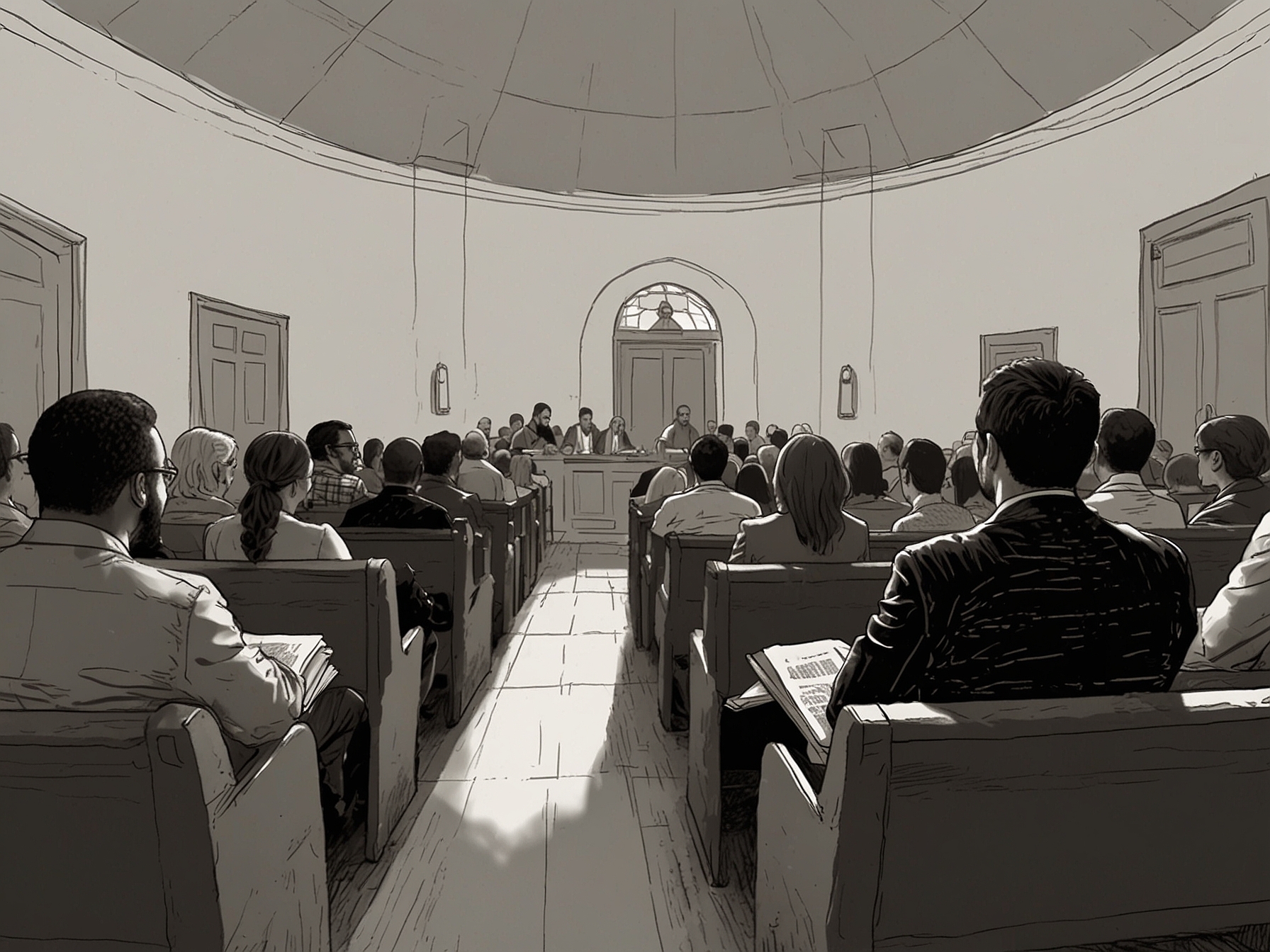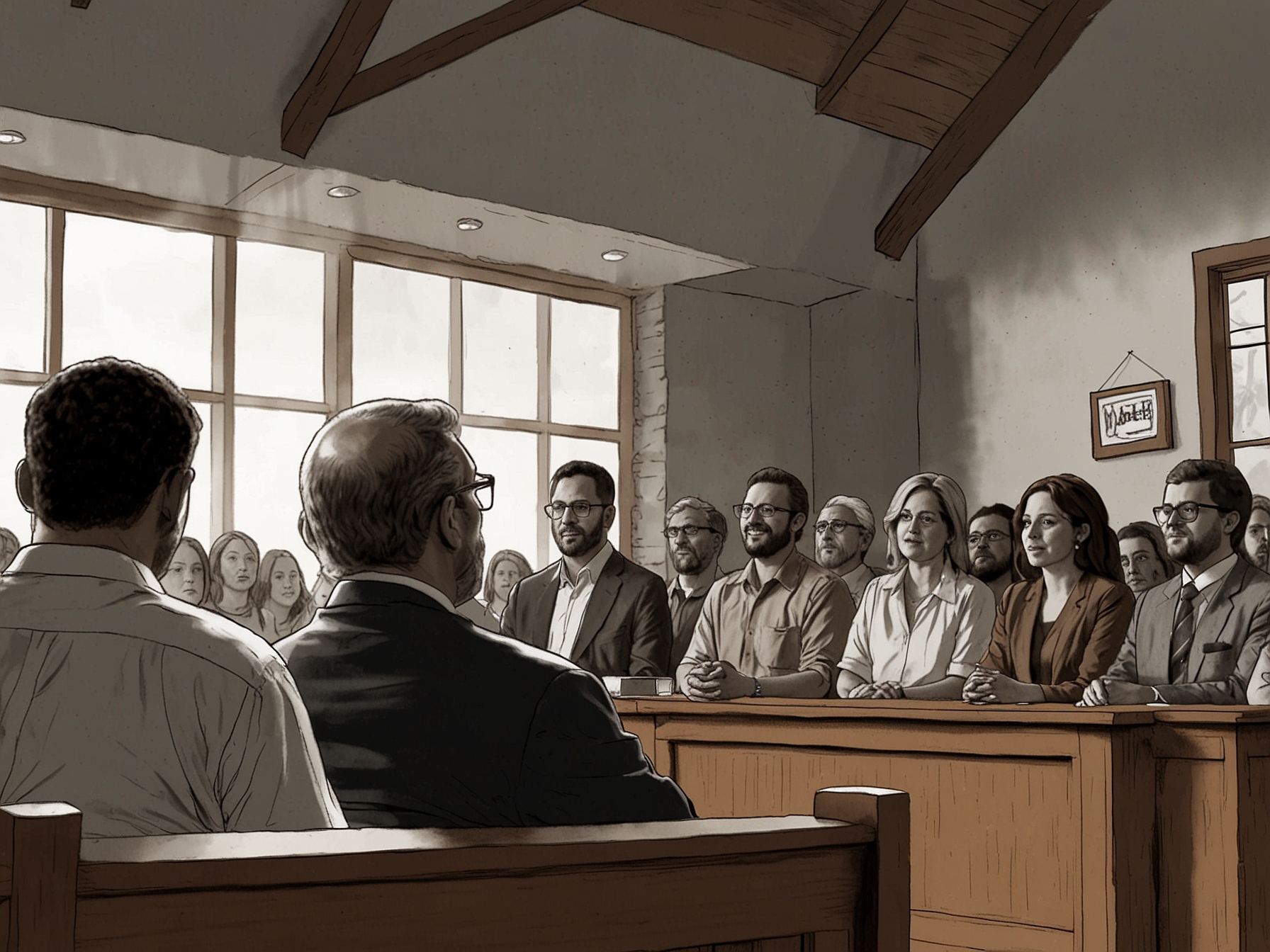Understanding the Incident
In a surprising turn of events, a recent sermon by Gus Miftah, an influential religious figure in Indonesia, went viral for all the wrong reasons. During a gathering in Magelang, Central Java, he made a comment that many found inappropriate. He called a teh seller ‘goblok,’ a term considered disrespectful. The reaction was immediate and intense.
This incident has sparked strong feelings among both supporters and detractors. Some see it as a light-hearted joke, while others view it as a reflection of deeper societal issues. What does this event reveal about the intersection of faith and public speech? Can humor coexist with respect in such spaces?
The Apology

In response to the backlash, Gus Miftah offered a heartfelt apology. In a video shared widely, he expressed his regret. “With humility, I apologize for my mistake,” he stated. The sincerity in his voice was palpable, as he continued to acknowledge the harm his words caused.
His apology wasn’t merely for the comment itself but also for any distress it may have caused the community. “This is a lesson for me to be more careful with my words,” he added, indicating a level of self-reflection that many appreciated.
This raises the question: how should public figures handle their words? Is it enough to apologize, or should there be a deeper accountability?
Community Reactions

The public reaction was mixed. Some defended Gus Miftah, believing his intentions were misunderstood. “It was just a joke,” one supporter said, highlighting the culture of humor prevalent in many sermons. Others, however, found the comment unacceptable. The urgency for respect in public discourse seemed to resonate more with these voices.
Local leader Gus Yusuf Chudlori came to Miftah’s defense, indicating that this was a common style of interaction he often employs. However, he also emphasized the importance of understanding context. Without the right perspective, miscommunication can flourish. So, how do we foster understanding in such situations?
Individual Stories
Yet, at the heart of this incident is Surhaji, the teh seller who became an inadvertent star of the controversy. His quiet demeanor during the sermon—where he simply smiled—did not prepare him for the social media storm that followed. Many empathized with his situation, sharing stories of their own struggles to make a living.

Surhaji’s life story struck chords with many. A father of two, his dedication to providing for his children became a symbol of resilience. “Sometimes, I only earn ten thousand in a day,” he remarked in a phone call with supporters. This perspective adds a layer of complexity to the narrative. Are we too quick to judge a situation without understanding the full context?
The Broader Implications
Such incidents illuminate larger societal conversations. How do words affect those who are marginalized in our communities? Partai Gerindra has called for Gus Miftah to apologize directly to Surhaji, emphasizing the importance of accountability in leadership.
This incident acts as a mirror, reflecting not only Miftah’s actions but also the expectations society places on its leaders. Should accountability extend beyond apologies to include reparative actions?
The Path Forward
With the drama unfolding, many are left wondering: how do we move forward? Gus Miftah’s intent may have been light-hearted, but the impact was profound. His commitment to change is commendable, yet it asks for deeper introspection from all involved.
As a community, how can we cultivate a space for healthy dialogue? One where humor doesn’t overshadow respect? Learning from Gus Miftah’s experience could be a valuable step in ensuring that our palabras carry weight, positive or negative.
Perhaps this controversy might just serve as a catalyst for a greater understanding of communal empathy and respect. For in every word exchanged, there lies a rich narrative that connects us all, urging for sensitivity and understanding in our daily conversations.




